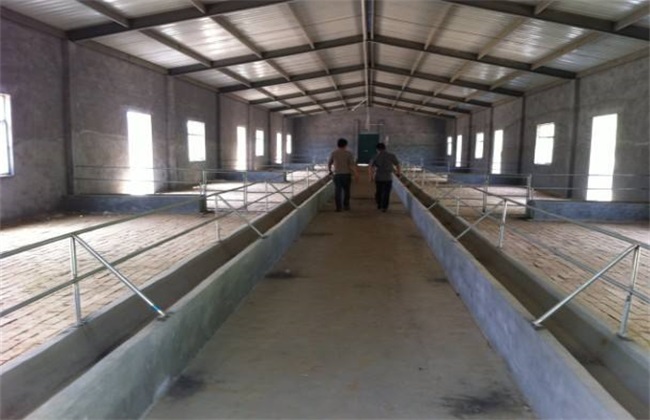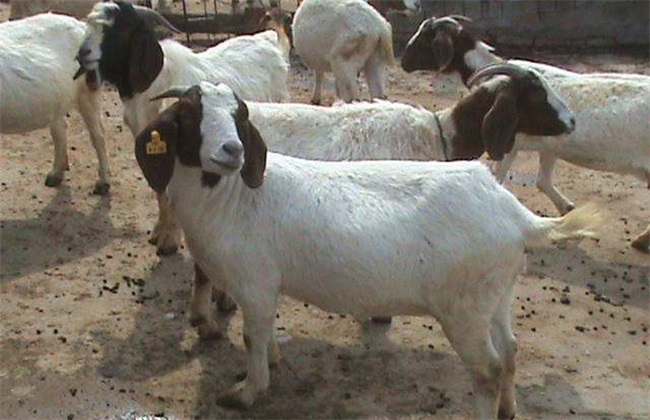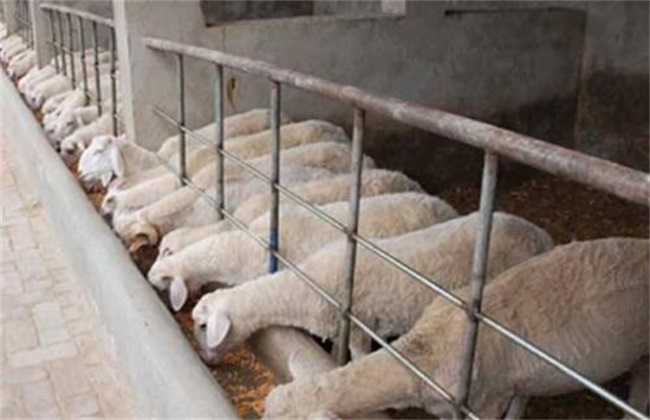Common problems in small sheep farms
Sheep is one of the main livestock in China, which is basically raised in all parts of our country. Although there are many large-scale sheep farms, there are still many small domestic farms in our country. Compared with large-scale farms, although small farms have less investment and low risk, there are also many problems. So what are the specific ones? The editor brings you the common problems of a small sheep farm today. Let's take a look at it.

1. Reluctant to use concentrate
When raising sheep, the choice of feed is very important. The feeding, type and nutrition proportion of feed are directly related to the growth and fat condition of sheep. What's more, there is a sheep-raising proverb that "a hundred cure is not as good as a prevention (prevention), and a hundred prevention is not as good as a grab (catch fat)". Many small sheep farms choose feed when raising sheep. Will choose to feed less or not because the cost of feed input is too high. The rapid fattening of sheep will be affected if there is not enough fine feeding to supplement nutrition in the process of growth. Lead to longer hurdle time, poor physique and other problems, reduce the efficiency of culture.
2. Do not pay attention to the environment of the sheep barn
In many small sheep farms raised by families, the environmental problems are relatively serious. The traditional free-range farmers generally manage the sheep extensively, which leads to the filthy environment of the sheep house. It will not only cause mosquitoes and flies to fly everywhere, but also breed a large number of pathogens and parasites. Lead to sheep feed, drinking water pollution, leading to a variety of diseases and so on. Therefore, we must pay attention to the environment of the sheep house, regularly clean the sheep house, change the mat grass, do a good job of ventilation and regularly clean the excrement of sheep, and so on, so as to reduce the number of mosquitoes, flies, bacteria and parasites from the root causes and create a good growth environment for sheep.
3. Do not pay attention to disinfection
When raising sheep, if you want to ensure the normal and healthy growth of sheep until they are out of the pen, then disinfection is essential. However, many small sheep farms do not do a good job of disinfection because of trouble, large investment and other reasons. It led to the proliferation of pathogens and microorganisms, which seriously inhibited the growth of sheep. So small-scale sheep farms and large-scale farms, sheep sheds, walls, fences, sports grounds and all kinds of equipment that sheep can come into contact with should be disinfected regularly. It is usually disinfected twice a week, and if an epidemic occurs, it should be increased about twice a week, and it is best to exchange disinfectants to ensure disinfection effect.
4. Deworming is not timely.
In the process of growth, sheep will not only be plagued by diseases, but also have a great impact on its growth caused by parasites. At the same time, it is also a very big hidden danger in sheep production. If sheep suffer from parasitic diseases, then sheep will not only be unable to gain weight, but also lose weight, poor vitality and other phenomena. If the growth rate decreases, the reproductive performance will be greatly reduced, and in severe cases, it can even lead to death. This is also a problem often ignored by small sheep farms. We should not deworming in time in order to save money and reduce breeding costs, otherwise the losses will be even greater, so we must pay more attention to it.
The above is a brief introduction to the common problems of small sheep farms. That's all for today's introduction. This article is for reference only. I hope it can help you all.
Related
- On the eggshell is a badge full of pride. British Poultry Egg Market and Consumer observation
- British study: 72% of Britons are willing to buy native eggs raised by insects
- Guidelines for friendly egg production revised the increase of space in chicken sheds can not be forced to change feathers and lay eggs.
- Risk of delay in customs clearance Australia suspends lobster exports to China
- Pig semen-the Vector of virus Transmission (4)
- Pig semen-the Vector of virus Transmission (3)
- Five common causes of difficult control of classical swine fever in clinic and their countermeasures
- Foot-and-mouth disease is the most effective way to prevent it!
- PED is the number one killer of piglets and has to be guarded against in autumn and winter.
- What is "yellow fat pig"? Have you ever heard the pig collector talk about "yellow fat pig"?



